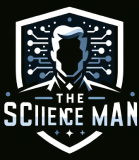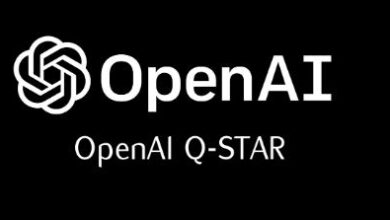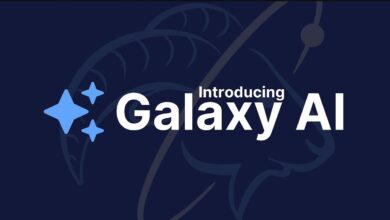Encoding the Future: The Promise of DNA Digital Data Storage”
DNA digital data storage is an innovative and cutting-edge technology that harnesses the natural data storage capabilities of DNA molecules. Given that DNA is an incredibly dense and stable medium, it offers the potential to store vast amounts of data in a minuscule physical space for a long time.
The Basics of DNA Data Storage The fundamental idea behind DNA data storage is to use the four base pairs of DNA—adenine (A), cytosine (C), guanine (G), and thymine (T)—to represent digital information. Since digital data is typically stored in binary form, using 0s and 1s, the challenge is to convert these into a quaternary DNA sequence. For instance, 00 could be represented by A, 01 by C, 10 by G, and 11 by T. This creates a system where bytes of digital data are represented by sequences of DNA bases.

Advantages
- Density: DNA can store an immense amount of data in a tiny space. One gram of DNA can theoretically hold up to 215 petabytes (215 million gigabytes) of data.
- Durability: DNA is known to last for thousands of years when properly stored, far exceeding the lifespan of today’s hard drives and flash storage.
- Efficiency: Storing data in DNA could reduce the energy costs associated with large data centers, which currently use a significant amount of electricity for both operation and cooling.
Challenges
- Cost: Synthesizing and sequencing DNA is currently expensive, though costs have been falling.
- Speed: Writing and reading DNA data is a slow process compared to electronic storage.
- Error Rate: While DNA replication is highly accurate, synthetic DNA storage is prone to errors, requiring sophisticated error-correction algorithms.
Current Research and Future Prospects Researchers are working on improving synthesis and sequencing technologies to make DNA data storage commercially viable. The future may see DNA being used for archiving important historical records, storing vast libraries of information, or preserving large datasets that must be kept for hundreds or thousands of years. As the technology matures, it could become a sustainable alternative to our increasing data storage needs.
Implications The implications of DNA as a digital storage medium are profound. It has the potential to revolutionize how we think about data storage, particularly for long-term archival. The technology also raises ethical and privacy considerations, as DNA is inherently linked to biological entities and raises the question of the security of data encoded in life’s fundamental molecule.
In conclusion, DNA digital data storage represents a fascinating intersection of biology and computer science. It is a testament to human ingenuity, a potential solution to the data storage problems of the future, and a field that is sure to grow in significance in the coming decades.





